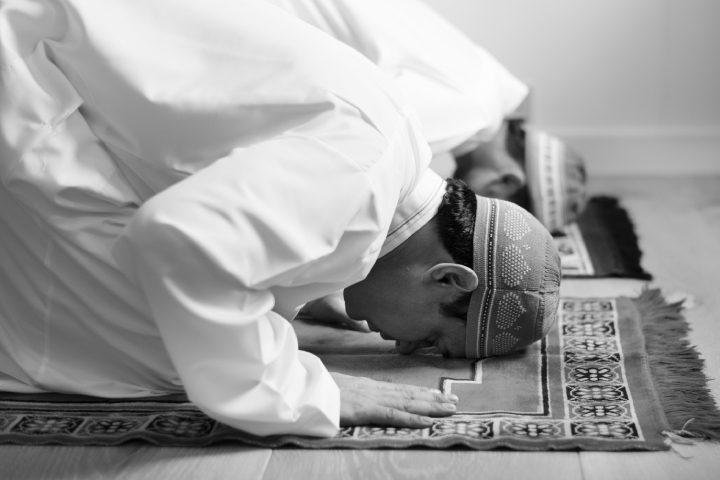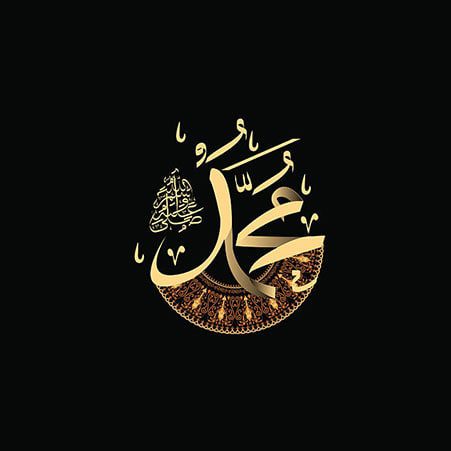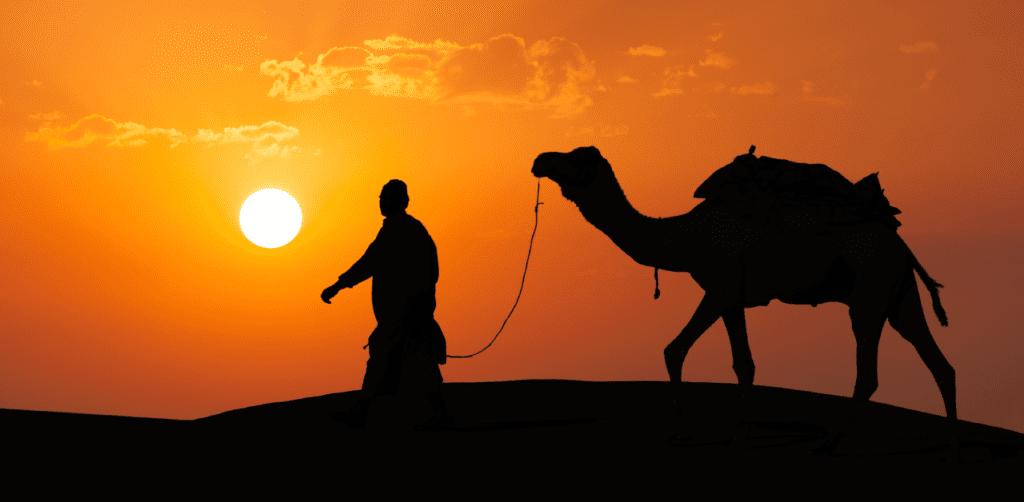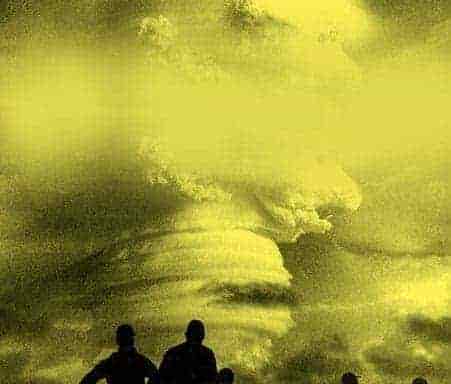Prophets and Messengers
Allah ﷻ has given us the blessing of sending us His message through Prophets and Messengers. Our Prophet Muhammad ﷺ is the Messenger of Allah ﷻ and the Last of Prophets. The primary difference between a Prophet and a Messenger, according to sheikh Ibn Taymiyah, is that the Messenger is the one who is sent to disbelieving people with a Message while a Prophet is sent to believing people with the Sharee’ah of the previous Messenger, to teach them and judge between them. On knowing this, one might ponder, apart from guiding people to ways of peace and warn against evil, why is there a need for Prophets and Messengers? What is the actual purpose for which Allah ﷻ has sent them?
Why Were Prophets and Messengers Sent?
1. Guiding People Towards Allah ﷻ

There were certain periods of time, where mankind did not have any Messengers or message from Allah ﷻ that people started worshipping, in fear and hope, other heavenly bodies or idols or humans who claimed divinity. There were still a group of people who wondered about who owns sovereignty over the heavens and the earth, who the creator was and what are his commands and prohibitions. In order to bridge the gap, Allah ﷻ had sent the prophets to call people towards Him. All of the Prophets and Messengers, came one after the other bringing the same message. For example, in the story of Nooh (AS) we may see that,
‘Indeed, We sent Nooh to his people and he said, ‘O my people! Worship Allah! You have no other ilaah (God) but Him. Certainly, I fear for you the torment of a great day!’’ [Surah Al-A’raaf 7:59]
2. Guiding Regarding the Hereafter
If a man does not believe in Allah ﷻ and the last day, he will be a slave to his desires and will pursue the materialistic world. Similarly, if he is reminded or advised he might just deny that he is answerable. So, it was the task of Prophets and Messengers to show clear proof about resurrection and the existence of the Last day.
‘Say, “Allah causes you to live, then causes you to die; then He will assemble you for the Day of resurrection, about which there is no doubt, but most of the people do not know.”’ [Surah Al- Jaasiyah 45:26]
3. Meeting man’s need for religion
Every human is born in the state of fitrah– the natural inclination to submit oneself to Allah’s ﷻ will and to seek Him at times of distress. This fitrah is altered by the way parents raise their children. The evidence for this is found in the Qur’an, providing a compelling reason to believe in Islam
‘… [Adhere to] the fitrah of Allah upon which He has created [all] people…’ [Surah Ar-Room 30:30]
So, without revelation it would become difficult for man to know how to become religious and how to worship his Creator. There has to be a mediator i.e., Prophet/Messenger between Allah ﷻ and His people so that they can know what and how to follow as per Allah’s ﷻ will.
4. Establishing justice in accordance with the will of Allah ﷻ
Our Lord ﷻ is Al-Hakam and Al-Adl, the utterly just and giver of justice. He rewards those who do good and punishes those who do wrong. He the Most Just of Judges, has decreed that He will not punish a nation until He has sent a messenger to them.
‘… And We never punish until We have sent a Messenger (to give warning).’ [Surah Al-Isra 17:15]
All the messengers that Allah ﷻ had sent from Aadam to Muhammad (May peace and blessings of Allah be upon them all) to establish the proof of the above verse. Allah ﷻ also promises in the Qur’an that those who deny or reject the message will be humiliated and disgraced.
5. Protecting against evil

Man is generally weak by nature and there are many enemies like the Shaitaan ready to drive him astray, bad companions to drive him away from the path of Allah ﷻ and his own self which is inclined to evil desires. Without the intervention of Prophets and Messengers there will be nothing to protect man against these deviations and show him the clear path.
‘Say, ‘Obey Allah and obey the Messenger…And if you obey him, you will be [rightly] guided …’’ [Surah An-Nur 24:54]
6. Guiding people to deal with one another
Man is sociable in nature. Most of his actions, wishes and desires tend to be co-dependent on his fellow beings. So in order to display regulated behaviour, to maintain proper relationship with others, to resolve conflicts and disputes, to guard against wrongdoing and oppression and to protect people’s rights man must be in dire need of divine guidance. This guidance is simply sent through our beloved Prophets and Messengers. Allah ﷻ says in the qur’an,
‘Indeed We have sent Our Messengers with clear proofs, and revealed with them the Scriptures and the Balance (justice) that mankind may keep up justice’ [Surah Al-Hadeed 57:24]
Prophets are Allah’s ﷻ Messengers who carry Allah’s commands, prohibitions, promises, glad tidings, warnings, and so on. They are given knowledge about stories of past nations and the consequences they faced on disobeying their Lord ﷻ. It is not possible that man could know these by independent thinking, and without the message, man could follow his desires, transgress limits, abuse other people, and deprive them of their rights. So, by His wisdom, Allah ﷻ sent Prophets and Messengers from time to time and various nations, emphasizing the importance of charity in islam.
If not for the messengers we are not capable of differentiating between the beneficial and the harmful. This distinction does not limit to physical basis while it denotes deeds that will benefit us in this world and in the next such as faith, tawheed, justice, righteousness, kindness, trust, chastity, courage, knowledge, morality, enjoining what is good and forbidding what is evil, upholding the ties of kinship, honoring one’s parents, recognizing people’s rights, sincerely doing things for the sake of Allah ﷻ, submitting to His will and accepting His decree, seeking His help and so on.
From this we can understand the extent of mankind’s need for Messengers and their Message and the importance it holds in our lives.





